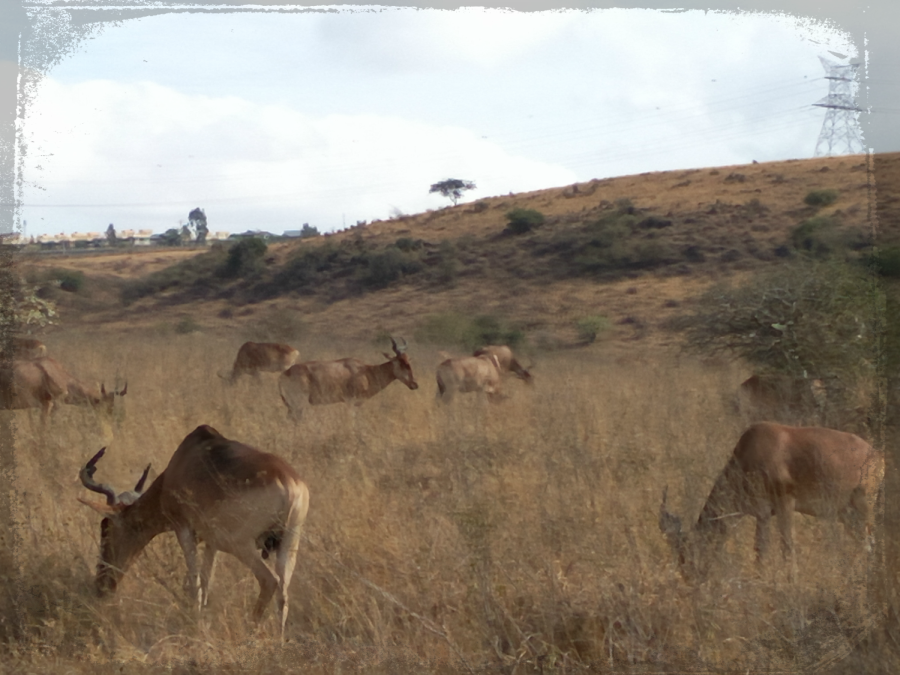Political will is the firm intention or commitment on the part of a government to carry through a policy, especially one which is not immediately successful or popular. It is the motive force that promotes political action. A collection of political benefits and costs resulting from the passing of any given law. Passing these laws may upset some and please others.
The government owns all the natural resources and it’s their mandate to manage them. They are responsible for ensuring that these resources are sustainably conserved. And this is why a political will is vital in conservation. All the policies and laws protecting natural resources are made in parliaments. The personnel entrusted to protect the natural resources are employed by the government.
In short, the government is the major decision-maker when it comes to natural resources. With that in mind, they can be able to save or neglect the resources. If they don’t contribute enough and needed political will, natural resources will be doomed.
The non-governmental organization works tirelessly to ensure that natural resources are protected. They get involved in many peaceful demonstrations, conservancy, communities developments programs, among others. They do so to promote conservation education and awareness. They help the communities living within conservation areas, understand, and appreciate natural resources. They are a key pillar of the conservation efforts.
The efforts of these NGOs may be in vain if the government of the day does not come through. There’s a need for a strong political will in protecting natural resources. The government normally has the final say. They can either support and hear out the NGOs. By doing so, they can be able to pass laws and policies that promote conservation.
We have all the needed technology to address climate change but lack the political will. This is widely known in the world of environmentalists.
How do you recognize Political Will
Sufficient set of decision-makers
Political will greatly depend on the number of politicians for the passing of the law. If the politicians supporting the agenda are more than those opposing it, then we have a political will.
A common understanding of a particular problem on the formal agenda
This is whereby the government sees a need to act to resolve a crisis due to its nature. One example is when the government of Kenya decided to temporarily ban logging to evaluate the country’s forest cover status.
Commitment to supporting
This is greatly dependent on the decision-makers preferences. It is an important segment of political will. It is determined by the sincerity and the push being involved. If the stakeholders/ public or any other parties can make the policymakers be on their side fully.
Potentially effective policy solution
The government will not necessarily support an issue to the completion as expected and this greatly affects the decision-making. It should be able to support the agenda regardless of the benefits and costs. Effective political will includes real commitments.
The success of environmental conservation will benefit all of us. It’s high time that the government supports it. Actively involving the public in decision-making. Representing people’s interests as opposed to their selfish needs. It’s time for them to save our disappearing flora and fauna species. To stop grabbing land meant for wildlife and have nature interest at heart.


Thank you so much for this inspiring post. I’m grateful to learn that the Kenyan government has chosen to suspend logging operations while they assess the health of the nation’s forests. I live in the United States’ Pacific Northwest region, in one of the most heavily logged counties in Oregon, and I wish my local and state leaders possessed the same far-seeing wisdom to reconsider the way forestry is done here.
Clear-cut logging is the most common type, which is devastating to forests; it looks like a section of forest got shaved with a giant razor, leaving a few trees here and there because existing conservation rules require it, and then replanting (another rule) one tree species in rows to create a tree farm, not a true forest. The prevailing attitude is that trees are a resource to be used, not a vital part of the ecosystem that needs to be left to regulate its own delicate balance.
I agree with you that national governments have the resources to tackle environmental devastation and climate change; they just need the political will. So, too, do the people who elect their government officials. We also need sound science education so people understand the science behind climate change and environmental disruption and don’t just dismiss that science as somebody’s opinion.
I appreciate all that you’re doing for the environment and wildlife in Kenya and for the planet!
Thank you very Margaret. Its very true, with the right knowledge community will be able to effectively fight for nature conservation. Forestry departments seems to have few people with bad intentions towards trees and changes need to be done. It’s my hope and plan to spread conservation awareness and education to everyone I come across. Hence be able to have a well educated community that understands, appreciate and conserve its environment. I appreciate your inspiring and informative remarks.
Perhaps private ownership works better than government ownership of all nation’s resources. The communist bloc trashed the natural environment in those communist countries.
Private companies have an incentive to conserve their assets. Of course, some legitimate government oversight may be needed. But, governments do not have a good track record with managing natural resources.
That’s true, private sector does a good job in conserving nature than the government. The problem is that these natural resources are public hence managed by the government.